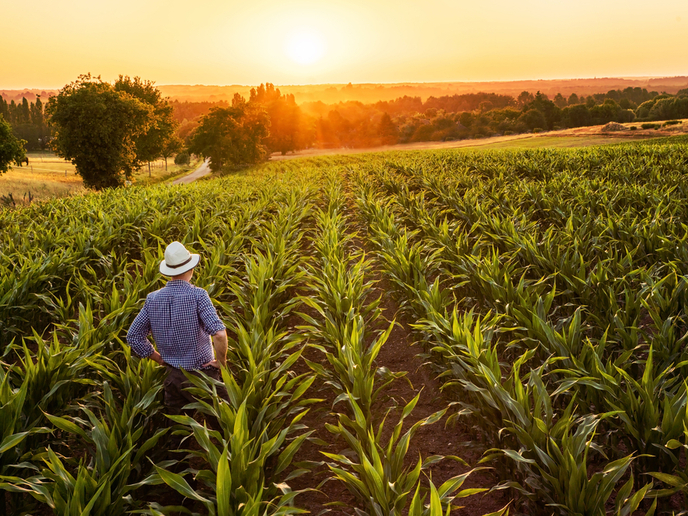Why environmentally harmful farming practices are changing so slowly
Today’s farming practices are a major cause of climate change, biodiversity loss, soil erosion and pollution. It is now widely accepted that farmers need to change their agricultural practices to address these problems. However, despite agreement on the need for action, and what form this action should take, change is taking place much too slowly. A new study(opens in new window) supported by the EU-funded Diverfarming project discusses one of the reasons why. “Transitions towards more sustainable agricultural systems are often characterised by ‘lock-ins’, understood as self-reinforcing mechanisms that reproduce the status quo and impede change,” the authors report in the study. Until now, researchers have studied socioeconomic, technological and institutional lock-ins to gain insight into the processes of sustainable transition in agri-food systems, but not much attention has been paid to the role that cognitive lock-ins play. Published in the journal ‘Sustainability Science’, the study now investigates how institutional settings create cognitive lock-ins in decision-making for farmers with regard to the adoption of sustainable agricultural practices. For their research, the scientists used the example of diversifying crop rotations with legumes as a strategy to improve soil health, enhance biodiversity, and reduce emissions and contaminants. Field work was conducted in two farming communities – Cornwall, the United Kingdom, and Gelderland, the Netherlands – that have low adoption rates of legumes despite public support for their adoption.
Focus on profit
Using data obtained from in-depth interviews with farmers and supplementary data from official statistics, government reports and scientific literature, the team analysed how institutional settings create cognitive lock-ins in decision-making when it comes to adopting sustainable practices. They found that farmers’ specific socio-technical settings made them focus primarily on economic goals, namely maximising profit. However, such gain-oriented pathways seem to impede transition opportunities. The study reports: “While normative goals, related to environmental protection, and hedonic ones, related to enjoying experimentation, are favouring transitions, they are outmatched by goals formed in the gain frame, which seems to be embedded in and re-enforced by current institutional conditions.” Paradoxically, the focus on economic gain combined with the fact that farmers associate legume-based crop rotation with normative goals (doing what is deemed appropriate) may in fact prevent farmers from recognising crop diversification practices as potentially profitable. This is even despite the fact that they are aware of the benefits of crop rotation with legumes. As a result, cognitive lock-ins are a serious obstacle to alternative farming practices being viewed as viable. Even if profitable, the risk in adopting legumes and similar crops is likely to entice only the most entrepreneurial farmers, which is not enough to accelerate the wider adoption needed. This implies that efforts to only target normative frames to encourage legume adoption, for example by emphasising the environmental benefits without further changes, are unlikely to have an effect. Furthermore, if subsidies are provided, they “may need to be accompanied by normative framings, investments in research on seed development, financial instruments to mitigate risks and the creation of markets in which less subsidised European legumes can actually compete,” the authors conclude. The Diverfarming (Crop diversification and low-input farming across Europe: from practitioners engagement and ecosystems services to increased revenues and chain organisation) project aims to foster sustainable growth through adoption of diversification, sustainable practices and efficient use of resources throughout the EU. For more information, please see: Diverfarming project website(opens in new window)



